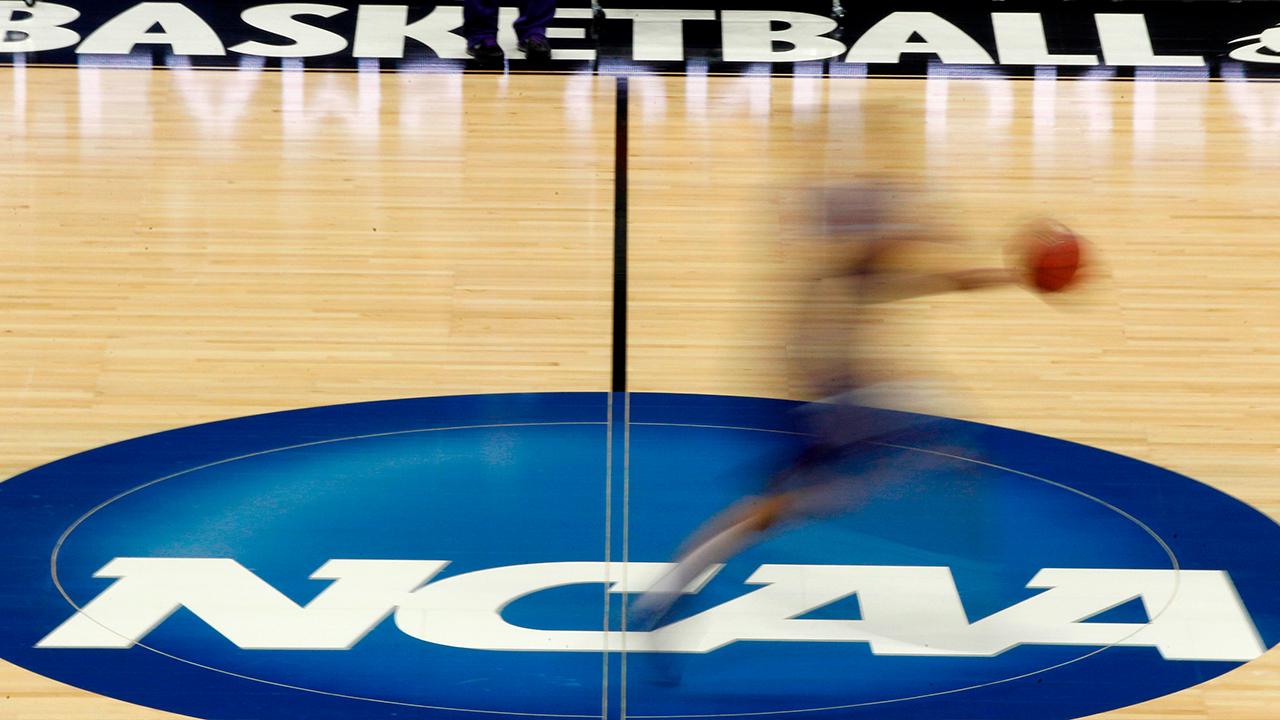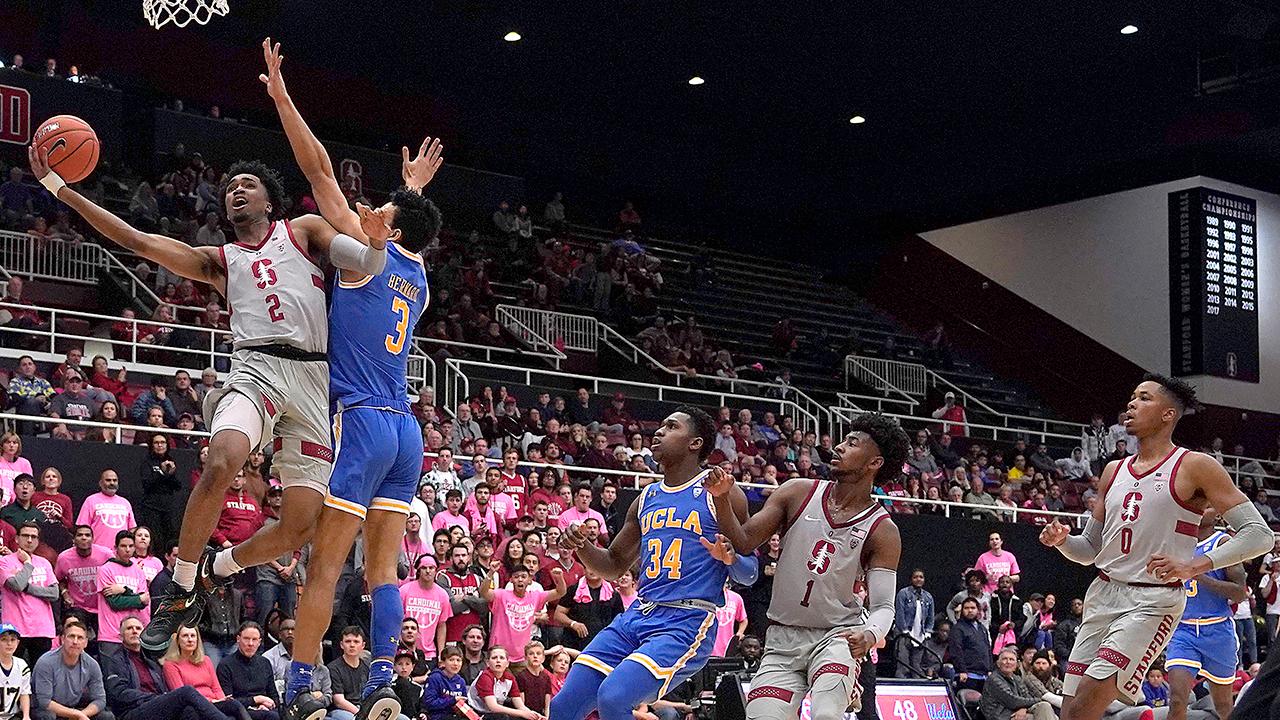NCAA votes to let student athletes profit from their names, images
In a dramatic turn, the NCAA said Tuesday it would permit college athletes to profit from their name, image and likeness, reversing the organization’s long-held opposition to the concept of allowing amateur players to earn income.
The NCAA’s board of governors told its three athletics divisions to update their bylaws to address its stance on the matter. The reversal came just weeks after California approved a law allowing college athletes within the state to earn income from endorsement deals despite resistance from the NCAA and the Pac 12 conference.
“We must embrace change to provide the best possible experience for college athletes,” said Michael Drake, chairman of the NCAA Board of Governors and president of The Ohio State University. “Additional flexibility in this area can and must continue to support college sports as a part of higher education.”
NFL PLAYERS, COLLEGE ATHLETES GROUP PARTNER TO EXPLORE PAY OPPORTUNITIES
“This modernization for the future is a natural extension of the numerous steps NCAA members have taken in recent years to improve support for student-athletes, including full cost of attendance and guaranteed scholarships,” Drake added.
The NCAA did not provide specific details about how it would govern efforts by athletes to profit from their names, images and likenesses. However, the board said in a release that “modernization should occur within the following principles and guidelines.”
The organization said student-athletes should not receive special treatment relative to non-student athletes and should maintain their focus on education as a priority. The NCAA will ensure that rules related to student-athlete compensation are “transparent, focused and enforceable.”
CLICK HERE TO READ MORE ON FOX BUSINESS
The NCAA appears to remain opposed to the notion of student-athletes receiving any form of salary or direct pay tied on-field performance, noting that “compensation for athletics performance or participation is impermissible.” Guidelines will also prevent schools from offering compensation-related perks to lure top athletes during the recruiting process.
“As a national governing body, the NCAA is uniquely positioned to modify its rules to ensure fairness and a level playing field for student-athletes,” NCAA President Mark Emmert said in a statement. “The board’s action today creates a path to enhance opportunities for student-athletes while ensuring they compete against students and not professionals.”
The NCAA and its conference have long argued that student-athlete compensation went against the principle of amateurism and would unbalance the recruiting process.
Signed into law by California Gov. Gavin Newsom earlier this month, the “Fair Pay to Play” act allowed college athletes to sign endorsement deals and hire agents to pursue endorsement-related income without fear of penalty. Similar bills were set to be proposed in New York, Colorado and South Carolina, among other states.
Mounting political scrutiny also extended to Capitol Hill. Republican Sen. Mitt Romney warned earlier this month that Congress was "coming for" the NCAA and would seek action on student-athlete compensation.
“The NCAA Board of Governors finally recognized that change is coming, and they need to adapt their rules to catch up with the times. We believe those rules must be changed to allow athletes to be compensated. The name, image and likeness approach has its own challenges that we must address, and we’ll be carefully reviewing the NCAA’s next steps and working on ways Congress can reform college sports,” Romney said in a joint statement with Democratic Sen. Chris Murphy of Connecticut. “We need to correct the inequities between what college coaches and the institutions make versus what the athletes receive and protect college athletes’ health and educational opportunities.”
GET FOX BUSINESS ON THE GO BY CLICKING HERE
South Carolina State Rep. Justin Bamberg, who plans to co-sponsor a similar bill in January, said his proposal was “really just about fairness.”
“You’ve got players who are losing eligibility, they’re getting kicked off the teams and stuff for accepting $50 in gas money from people,” lawmaker Bamberg told FOX Business earlier this month. “That’s just utterly ridiculous when it’s a multibillion-dollar industry and everybody else is cashing out on it."
This story has been updated.





















